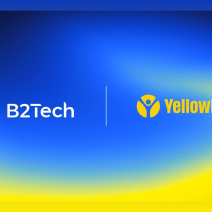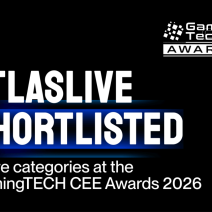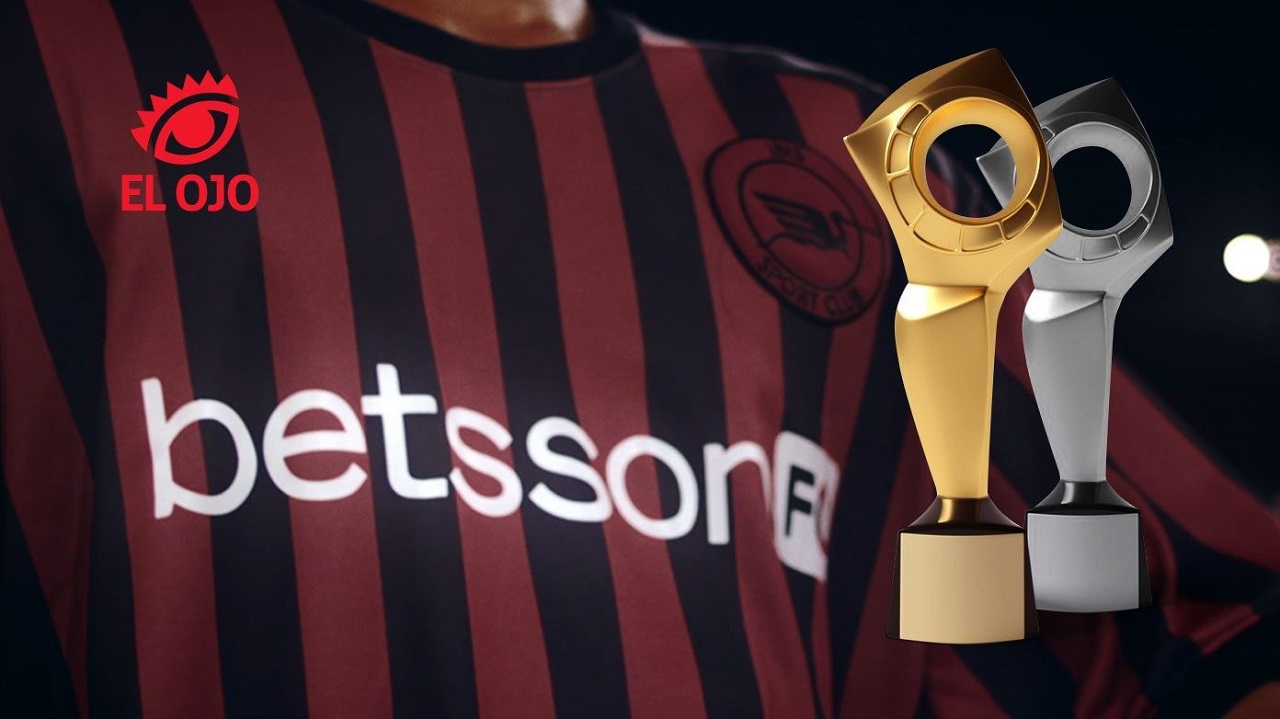
Nuvei Receives Approval for Event Wagering and Fantasy Sports Payments in Arizona
Nuvei Corporation has announced that its wholly-owned subsidiary has been granted an Event Wagering and Fantasy Sports Supplier license in Arizona.
Online sports betting became legal in Arizona in April 2021. Regulated sportsbooks and sportsbook apps formally began operating in the state on 9 September 2021, just prior to the kickoff of the 2021 NFL season. It is estimated that sports wagering in the state will be worth over $3 billion annually and generate over $200 million in gaming revenue.
The approval from the Arizona Department of Gaming allows Nuvei to further grow its U.S. online sports betting footprint into yet another state. The Company’s deep-rooted industry expertise and future-forward solutions including a broad range of payment methods, optimized transaction flows, and instant payouts can offer state operators even greater revenue possibilities.










